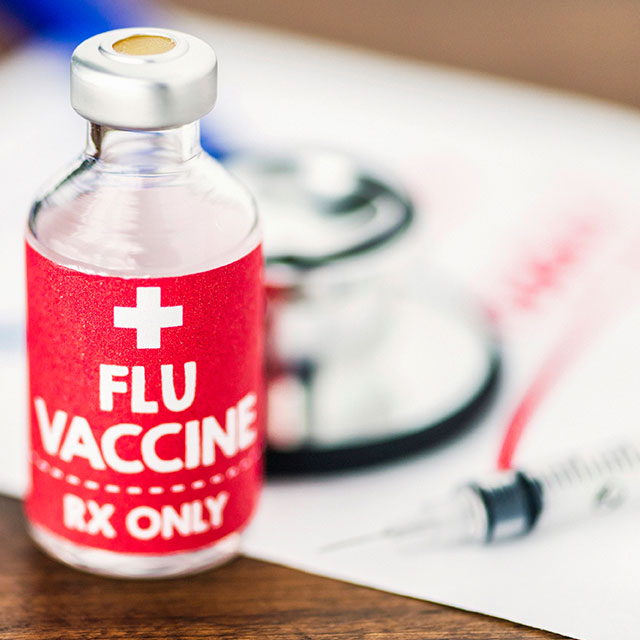Preventing painful shingles symptoms is as easy as getting the new herpes zoster shot.
While you may have (understandably) been focused on other immunizations this winter, there’s one more you’ll want to add to your to-do list if you’re over 50 and want to avoid shingles symptoms: the herpes zoster vaccine.
Shingrix, the latest vaccine to hit the market designed to protect against the herpes zoster virus (shingles), is much more effective than the previous shingles vaccine. And that means it is much more likely to protect you from dreaded shingles symptoms.
How bad are shingles symptoms?
“Shingles can be incredibly painful,” said Dr. James S. Powers, a geriatrician at Vanderbilt Primary Care, Village at Vanderbilt. “Those who get it have really a very strong memory of it. It’s not something you forget.”
“Shingles can be incredibly painful. Those who get it have a very strong memory of it.”
Symptoms are characterized by a rash, which looks like chicken pox, usually appearing in a pattern or stripe on one side of the abdomen. It can range from uncomfortable to extremely painful.
Other symptoms include:
- Burning or itching in the affected area prior to the rash
- Headache
- Fever
Most people recover from shingles symptoms in about two to four weeks. Rarely though, the illness can lead to complications, such as burning nerve pain (called postherpetic neuralgia), vision and hearing problems, and skin infection.
Who should get the herpes zoster vaccine?
Shingles develops out of the varicella-zoster virus, the same virus that causes chicken pox. So if you’ve ever had chicken pox — and 99% of people born before 1980 have — you have the varicella-zoster virus inside you. That’s because the body never fully clears the virus. Instead, it goes dormant once you recover from the chicken pox.
The same virus that causes chicken pox can become reactivated later in life as shingles.
The same virus that causes chicken pox can become reactivated later in life as shingles. Having a weakened immune system from stress, other illnesses or certain medical treatments such as chemotherapy can cause the virus to come out of dormancy. Without the vaccine, you have about a 1 in 3 chance of developing symptoms as an adult. Shingles can also return. Therefore, nearly all adults 50 and older as well as anyone over 19 with a compromised immune system should get the herpes zoster vaccine even if you’ve already had symptoms.
How effective is the new herpes zoster vaccine?
While the previous herpes zoster vaccine was only about 50% effective, according to the CDC, the Shingrix vaccine — which is administered in two doses, two to six months apart — is 97% effective in adults ages 50 to 69 and 91% effective in people 70 and older. And it’s very well-tolerated.
The Shingrix vaccine is 97% effective in adults 50 to 69.
“The new vaccine is safe,” Powers said. “Side effects are most likely to include soreness and redness at the injection site, feeling tired and muscle aches, but these usually aren’t severe and subside within a couple of days.” For these reasons, experts recommend anyone who got the previous herpes zoster vaccine also get the new Shingrix shot.

The importance of primary care
If you have questions about the shingles vaccine, a good next step is to talk to your primary care provider. It’s important to have a primary care provider to oversee all of your health care needs. As an overall category of health care, primary care includes the specialties of family and internal medicine, women’s health, geriatrics and pediatrics. A trusted partner in health and wellness, Vanderbilt Primary Care provides expertise in all of these areas.




